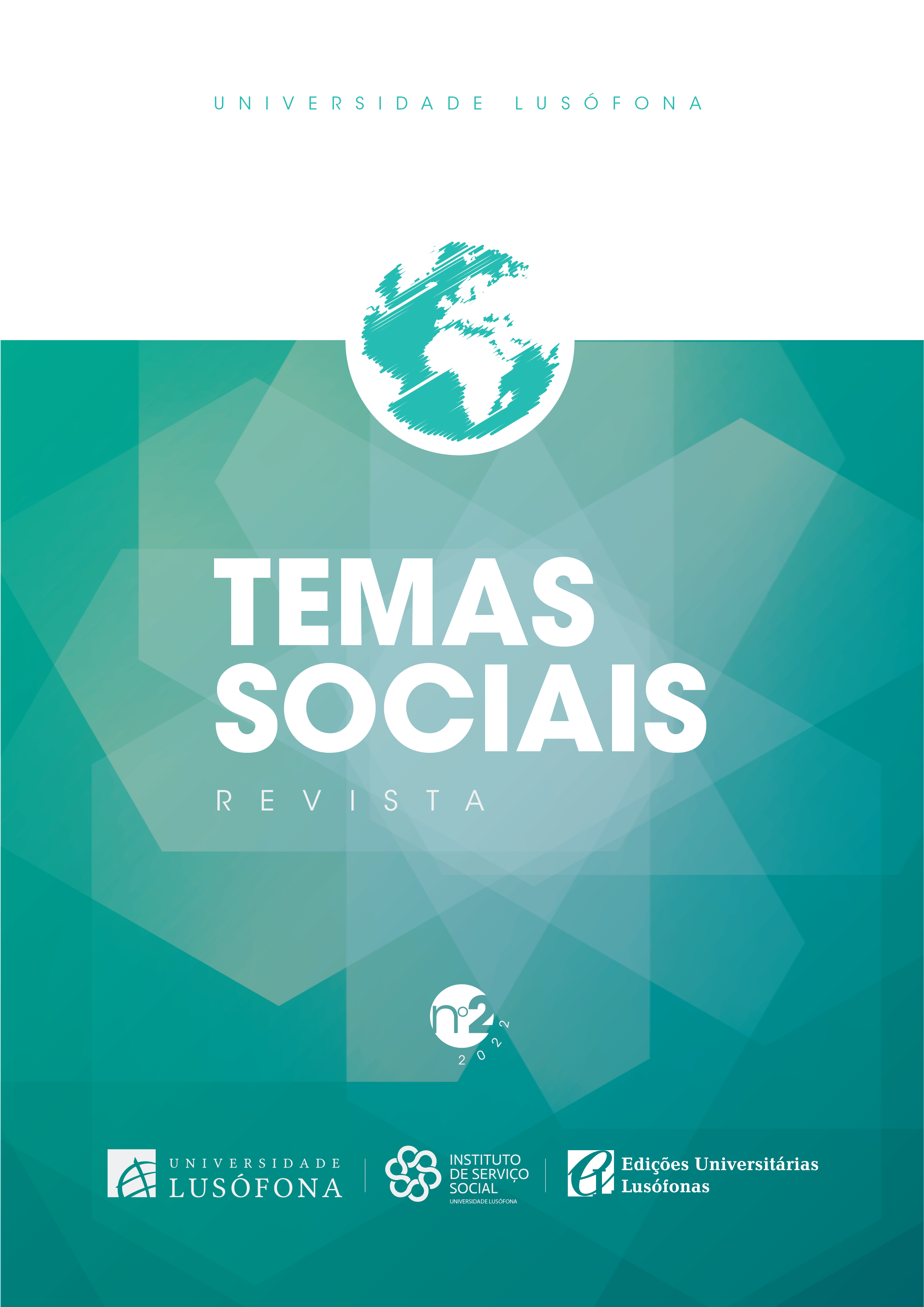A análise do ciclo das políticas: uma ferramenta para Assistentes Sociais
https://doi.org/10.53809/TS_ISS_2022_n.2_31-53
Resumo
Este artigo pretende apresentar alguns conceitos teóricos e modelos de análise de políticas públicas. O objetivo é fornecer aos assistentes sociais uma análise teórica do processo de políticas sociais com especial relevância ao modelo de análise do ciclo de políticas em fases ou momentos. Tal opção prende-se com a perspetiva do assistente social como agente implementador da política pública, seguindo a perspetiva de Michael Lipsky (1976, 2010), que considera os implementadores como agentes ativos com influência na política, como verdadeiros “fazedores de políticas”. Assim, o artigo apresenta as três fases do ciclo - formulação, implementação e avaliação - de modo a expor um quadro geral que pode ser operacionalizado e utilizado como ferramenta de análise das políticas que estes profissionais implementam.
Encarar a necessidade de analisar a política que se implementa contribui para a politização da intervenção, através da mobilização do poder na luta de forças que caracterizam o campo social, para combater a desigualdade e defender os direitos e a justiça social. Caso não se encare este desafio a profissão de serviços social poderá ser assumida como meramente executiva, abdicando da sua função propositiva e do seu papel ativo na formulação, implementação e avaliação das políticas sociais.
Downloads
Política de Acesso Aberto:
A Revista facilita acesso livre, gratuito e imediato aos seus conteúdos, de modo a fomentar o intercâmbio de conhecimento a nível global.
Ao submeter o trabalho o(s) autor(es) autorizam a publicação e a disseminação do seu trabalho, sendo responsáveis pelo seu conteúdo.
Código Ético:
A Revista é uma ferramenta digital que permite a divulgação de conhecimento numa sociedade globalizada em que a tecnologia, a comunicação e a informação ocupam um lugar destacado. A publicação promove a igualdade de oportunidades facilitada pelo saber. Com este objetivo, a Revista assume um compromisso com os conteúdos que se publicam, adotando um código ético assente nos seguintes princípios:
- Os textos recebidos têm de ser originais, exclusiva autoria do(s) próprio(s) e inéditos, ou seja, não terem sido publicados, difundidos ou enviados previamente para outra publicação.
- Os autores são responsáveis por solicitar as autorizações que sejam necessárias à publicação dos seus textos, com a respetiva referência das fontes consultadas.
- Os trabalhos financiados por uma entidade deverão assegurar a autorização da mesma para a divulgação dos resultados.
- Todos os trabalhos recebidos serão revistos de acordo com a ferramenta de deteção de plágio em vigor na Universidade Lusófona – Centro Universitário de Lisboa.
- Os artigos recebidos são sujeitos a avaliação por dois especialistas no tema, com a garantia do anonimato do(s) autor(es) e dos avaliadores.
- Os trabalhos em que participem pessoas como objeto da investigação deverão obter consentimento informado de todas elas, no estrito respeito pela confidencialidade dos dados pessoais e, se for necessário, a decisão da Comissão de Ética.
- Na lista dos autores dos trabalhos devem constar unicamente os que contribuíram intelectualmente na elaboração do trabalho, ou seja, que participaram no desenho e execução da investigação, na redação e análise de resultados e aprovaram a versão final do texto.



